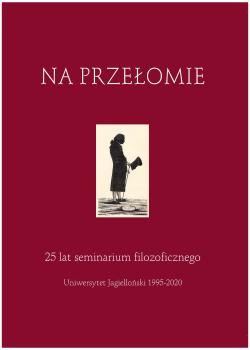Dialektyka przemocy w historiozofii G.W.F. Hegla .......... 263
Streszczenie
Artykuł w zwięzły sposób przedstawia główne założenia historiozofii, filozofii społecznej i zarazem idealizmu obiektywnego Hegla (ściśle łączących się ze sobą) ze szczególnym uwypukleniem problematyki dialektyki tworzenia i burzenia, budowania i niszczenia, państwa jako urzeczywistnienia wolności i roli żywiołu przemocy w dziejach. Wszystkie te kwestie są u Hegla zniuansowane, a przez to narażone na naiwne, upraszczające odczytanie. Myślicielowi nie chodzi bowiem po prostu o apologię walki i przemocy jako siły napędowej dziejów, ale o wskazanie, że rozumność procesu dziejowego wymaga żywiołu: myśli, czynów, odwagi zmagania się z tym, co skostniałe, zastygłe w ustalonej formie, archaiczne, nieprzystające do nowych idei i projektów. Z bogatej spuścizny Hegla wyłania się wyrafinowany, głęboki przekaz. Prawda nie przynależy do jednego stanowiska filozoficznego, stojącego w sprzeczności z innymi, lecz jest całością ujęć, filozofii, które pojawiły się w toku historii. Sprawiedliwe państwo gwarantuje maksymalny rozwój osobistej wolności. Dojrzała cywilizacja to ta, w której zwycięża rozum i publiczna etyczność. Ma to jednak swoją cenę.





